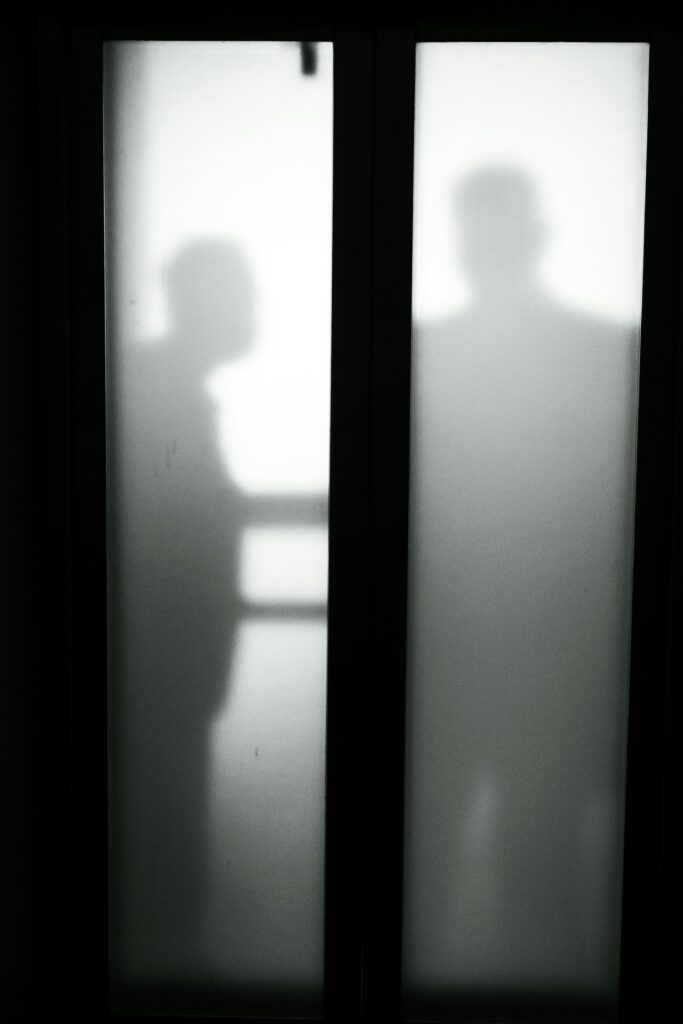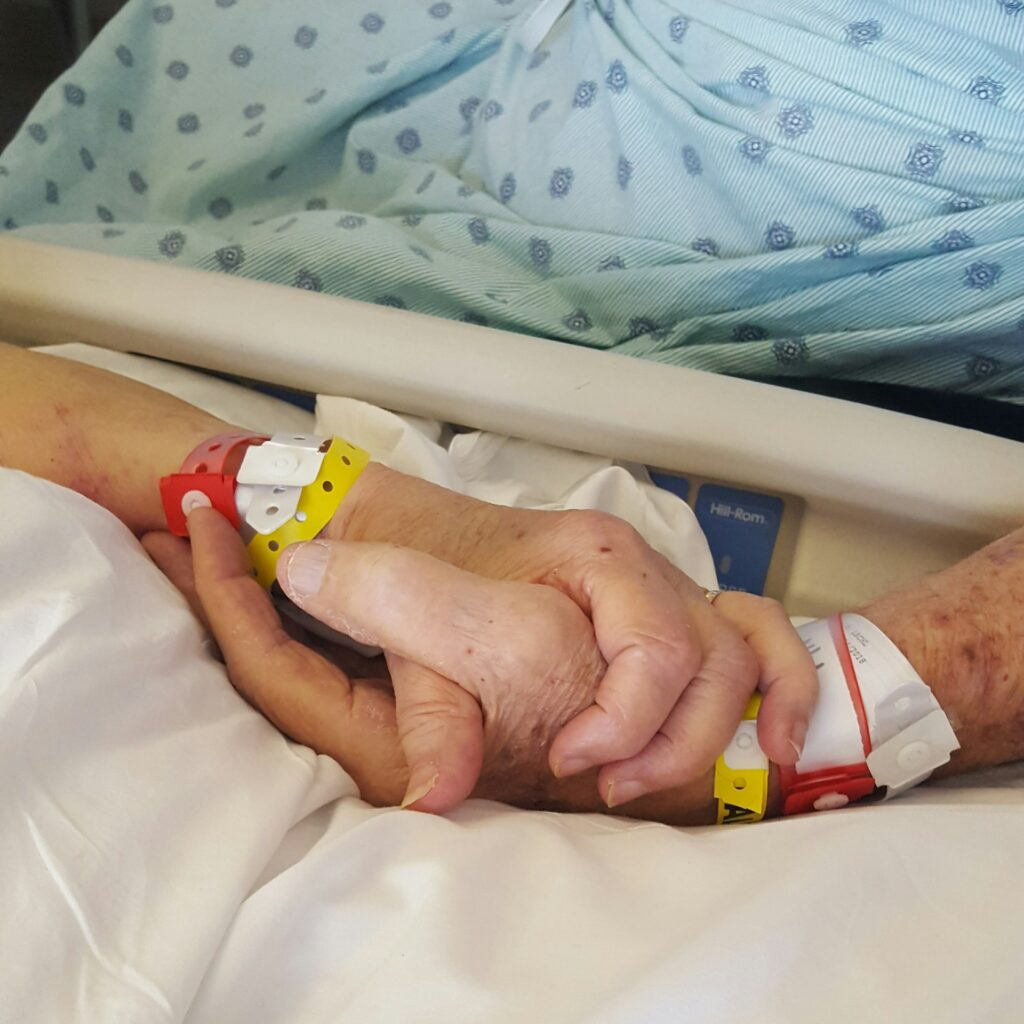We’ve all sighed, “If only I knew this sooner,” after a relationship struggle. Hindsight is 20/20—but what if you could skip the heartache? These relationship lessons aren’t just fluffy advice; they’re battle-tested truths from the people who’ve loved, lost, and learned. We’ll explore how to nurture love intentionally
Let me get a little personal here. I’ve made my fair share of mistakes and lost good relationships simply because I didn’t know then what I know now. I don’t want you to go through the same, so here are 10 relationship lessons I wish I had learned earlier.
Table of Contents
Protect your relationship in public and private.
What it means: Present a united front publicly, but prioritize intimacy behind closed doors. Criticism or mockery of your partner in front of others erodes trust, while oversharing private disputes invites unwanted opinions.
Why it works: Solidarity in public builds security; privacy nurtures vulnerability. As relationship scientists emphasize, “Anyone who truly cares for you will authentically love you for who you are” no performative perfection needed.

Address misunderstandings immediately
Don’t let resentment brew. Studies found that unresolved conflicts lower relationship satisfaction by 34% in just 3 days.
Why it works: Communication isn’t just *A* solution—it’s the solution. “Every relationship problem has the same initial fix: communication. It keeps problems small” 2. Tackle issues early with “I feel” statements (e.g., “I felt overlooked when…”).

Keep your fights private
What it means: Arguments are normal but broadcasting them sabotages connection. Venting to friends or posting frustrations online invites judgment and distorts perspectives.
Why it works: Privacy preserves dignity. Fights resolved privately strengthen mutual respect. Remember: “Relationships require sacrifices. But those sacrifices should be mutual and minor”
Unless it’s a toxic situation, there’s no need for people to know about the fights or conflicts you have with your partner. You will forgive your partner and move on, but those you told may not.

True Love is Tested in Hard Times
Romance thrives in sunshine but commitment shines in storms. Financial stress, illness, or grief reveal a partner’s true character.
Why it works: Adversity builds depth. As research confirms, “The best partners support your aspirations and continual development”, especially when life gets tough. Watch how they react under pressure, it tells you everything.

Focus on the positive
Notice what your partner does right. Studies show couples who express gratitude daily are 2.5x less likely to break up.
Why it works: Brains naturally fixate on negatives (thanks, evolution!). Intentionally appreciating small joys—like coffee made for you—rewires this bias. Balance this with realistic expectations: “Chasing perfection is a trap. Focus on progress”.
Love is a Choice, Not Just a Feeling
What it means: Butterflies fade. Lasting love is built through daily decisions: choosing patience, choosing kindness, choosing them.
Why it works: Feelings fluctuate; commitment anchors. “Long-term relationship happiness relies on compatibility. Your partner should be your best friend” . When passion dips, choose to reconnect.
Relationship needs maintenance
What it means: Like a car or garden, love deteriorates without care. Schedule check-ins, date nights, and therapy before problems arise.
Why it works: Proactive care prevents collapse.
Prioritize yourself
What it means: Losing yourself in a relationship breeds resentment. Keep hobbies, friendships, and goals alive.
Why it works: You can’t pour from an empty cup. “Never hide, minimize, or sacrifice your personality. Don’t trade who you are for someone to be with” . Healthy partners encourage your independence.
Being Single Is Better Than Being in the Wrong Relationship
What it means: Settling drains your soul. A toxic relationship costs more than loneliness—it destroys self-worth.
Why it works: “Don’t expect someone to change. People don’t change much. What you see is what you get” If core values clash or respect is absent, walk away. Your future self will thank you.
Breakups Are Not Failures
What it means: Endings teach resilience, self-respect, and what you truly need. An Agency losing clients learned “failures fuel progress” so do broken relationships.
Why it works: Every breakup refines your “partner picker.” As Psychology Today notes, “The sooner you learn relationship lessons, the less heartache you’ll experience” . Grieve, grow, and begin again wiser.
Good intentions aren’t enough. relationship lessons emphasize actionable steps built on respect and communication.
Bonus: Key Takeaways
| Lesson | Core Action |
|---|---|
| Protect your relationship | Present unity in public; nurture privacy at home |
| Address misunderstandings | Use “I feel” statements within 24 hours |
| Keep fights private | Resolve conflicts without external noise |
| Love in hard times | Prioritize support during crises |
| Focus on the positive | Practice daily gratitude |
| Love is a choice | Commit even when feelings waver |
| Maintain the relationship | Schedule monthly check-ins |
| Prioritize yourself | Preserve your identity & goals |
| Single > wrong relationship | Walk away when core needs aren’t met |
“The best relationship lessons turn heartbreak into handbook.”
relationship lessons begin with intentional choices, mutual respect, and daily care. Your bond thrives when you actively choose love, protect unity, and keep yourself whole—whether together or apart.
These 10 lessons aren’t just nice ideas—they’re practical pillars. Use them, keep the focus positive, and watch your partnership grow stronger, more resilient, and deeply meaningful.
I’ve shared mine. Now, it’s your turn. What are the relationship lessons you wish you had known sooner?


Leave a Reply